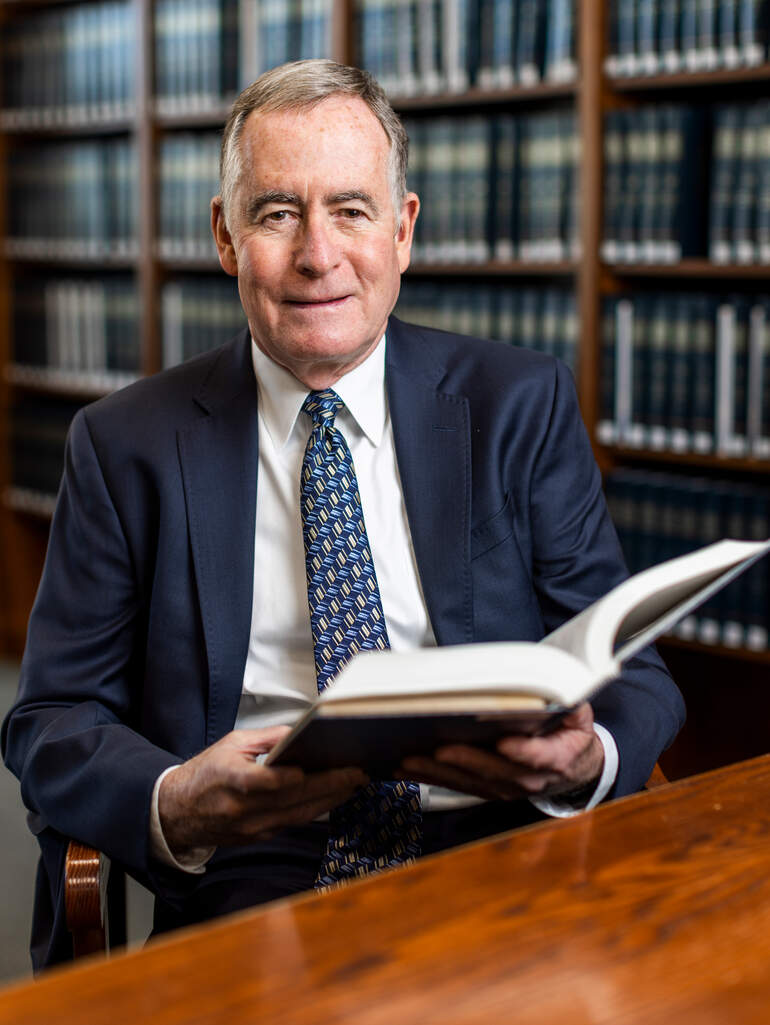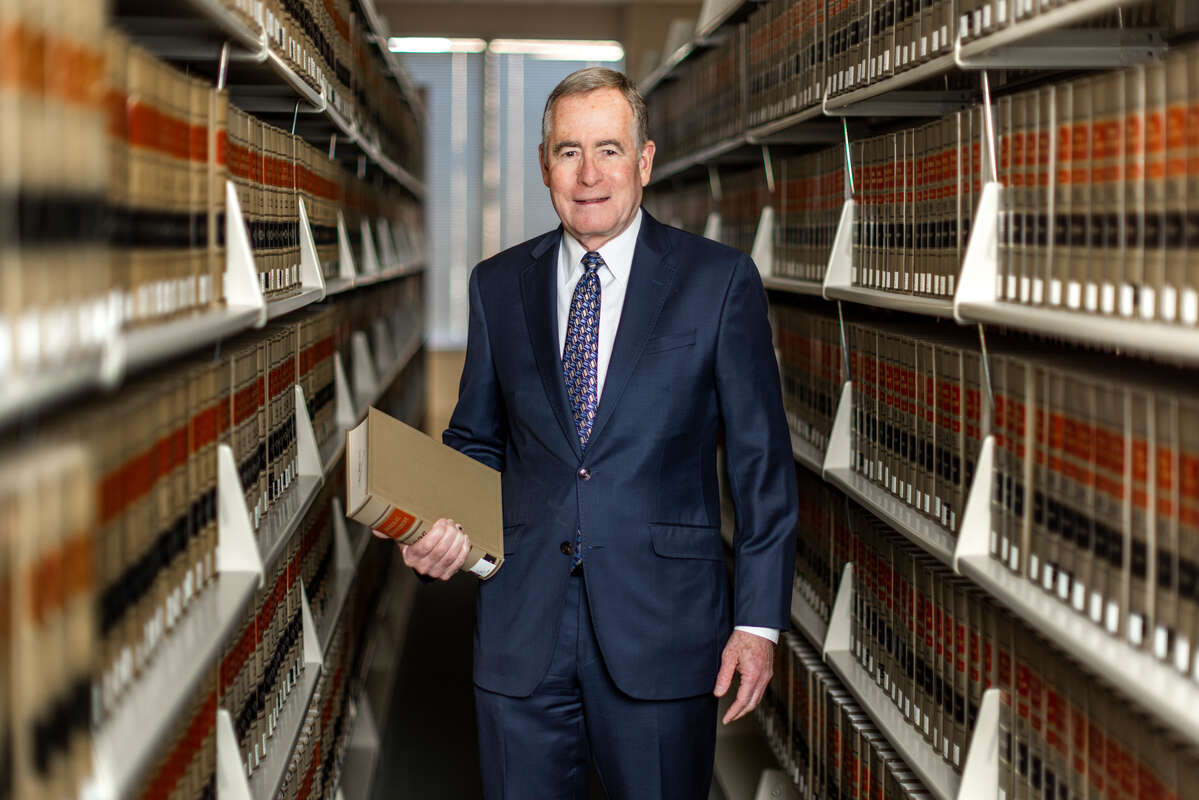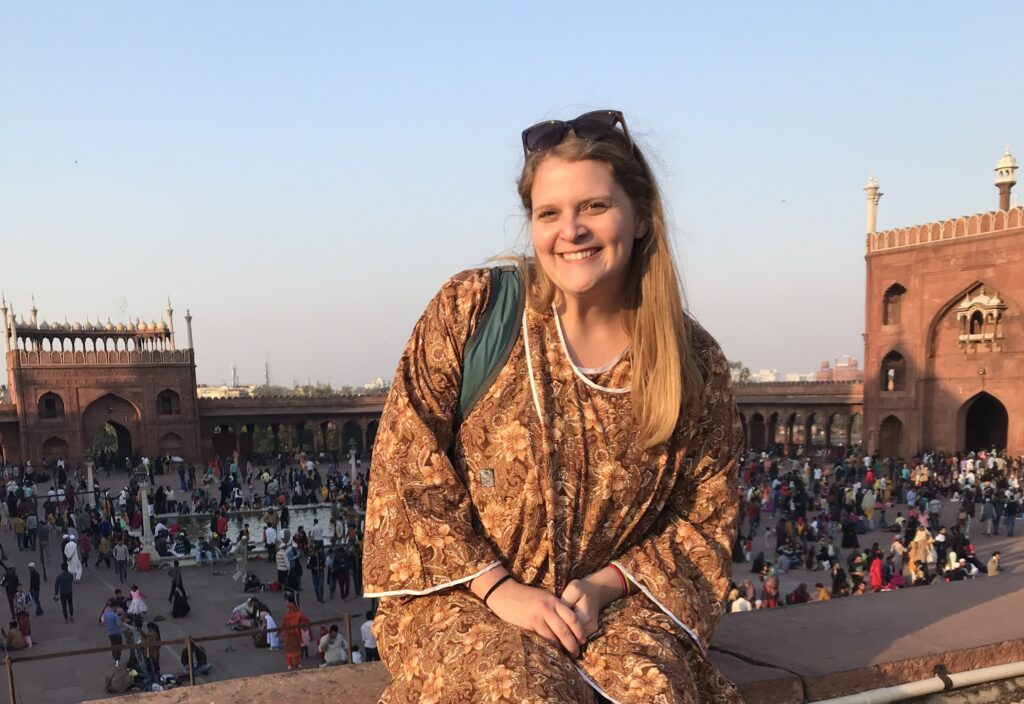It was the insight of a St. Thomas professor that propelled John Sullivan ’80 to a legal career – and ultimately gave Sullivan the means to change how corporations understand equality. Sullivan, who is now general counsel for Carlson, Inc., in turn, returns the favor by supporting St. Thomas programs and initiatives that enhance equality, belonging and inclusion for faculty, staff and students.
“Joe Mason was one of my accounting professors and he recommended that I get a law degree because nobody was doing law in computers yet, it was just too new of a field,” said Sullivan, who majored in quantitative methods, which required a lot of computing. He didn’t love programming enough to make it a career, but the idea of law intrigued him, he said.
After receiving a law degree from the University of Notre Dame, Sullivan joined a Twin Cities firm and specialized in intellectual property law for technology companies. Eventually, he left private practice to work as in-house counsel. Over the next 18 years, he was general counsel for computer manufacturer Cray Research, high-end digital imaging firm Silicon Graphics, and for data products creator Imation.
 Brandon Woller / University of St. Thomas
Brandon Woller / University of St. ThomasEarly in his career, Sullivan joined the board of the Children’s Theatre Company, where he had worked as a manager before enrolling at St. Thomas. His fellow board members were heavy hitters from the Twin Cities corporate, nonprofit and philanthropic worlds. Eventually, he became chair of The Minneapolis Foundation, the Regions Hospital Foundation and was a board member and leader for the Minnesotans United for All Families campaign, to name a few. He also is on the board of the Matthew Shepard Foundation, serving longer than any other member apart from Matthew’s mother, Judy.
In the mid-1990s, he was invited by Elizabeth Birch, a former attorney for Apple Computer and executive director of the Human Rights Campaign, to help create HRC’s Business Council.
“There were probably 10 (publicly open gay and lesbian) executives she could find at that time,” Sullivan said, adding that he was one of them. “She brought us to Washington, D.C., and kind of locked us in a room and told us, corporate America needs to do better – figure out how to do that.”
He became co-chair of the HRC Business Council, which launched the Corporate Equality Index in 2002 to measure how corporations treat gay, lesbian, bisexual and transgender employees and consumers.
Sullivan recalled early conversations with corporate leaders fell flat when he addressed domestic partner benefits and other equality measures for people who are LGBTQIA+. “When we changed the conversation to talk about the things businesses do to make sure employees bring their full selves to work so that they’re dedicating themselves to the organization’s mission … when executives understood that treating employees equitably also impacted the bottom line, companies started buying into it.”
Sullivan has long supported students at St. Thomas who are LGBTQIA+: He has met with the student affinity group through the years; he gave the address at the inaugural Lavender Graduation and pays for students to attend the annual HRC Twin Cities dinner.
“It always struck me at the dinner when students would look around and see every major employer in town also had a table. They would say, you mean, I could be out at work? That’s right, absolutely you can,” he said.







